THE Journal's Mobile Computing + Augmented & Virtual Reality Resources
Here you'll find articles covering 1-to-1 computing, BYOD, augmented and virtual reality and all things mobile! Topics range from strategies for managing devices to news and reviews about new hardware and software.
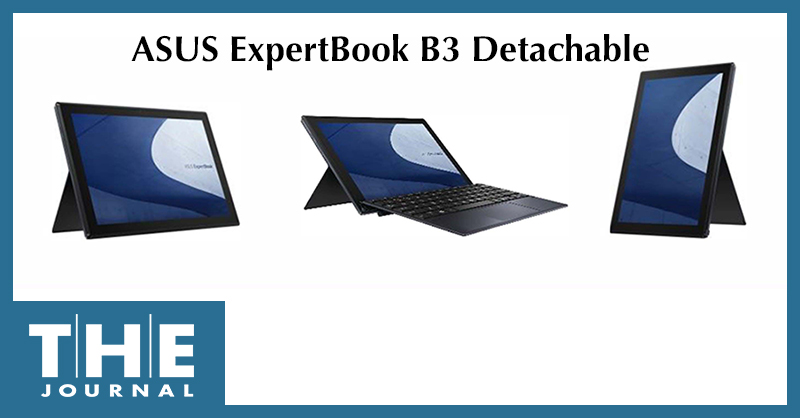
Computer maker ASUS has announced the launch of its ExpertBook B3 detachable (B3000) laptop, designed for student education. Its 21-hour-long battery life is one of its major attractions, the company said in a recent release. It features top-up 15-second charging to provide 45 minutes of use.
The online 3D and VR STEM learning platform Inspirit recently announced its partnership with Meta (aka Facebook) Immersive Learning to provide VR Lab Starter Kits to over 100 Title I schools, starting as early as November. Applications for the program opened Sept. 1.
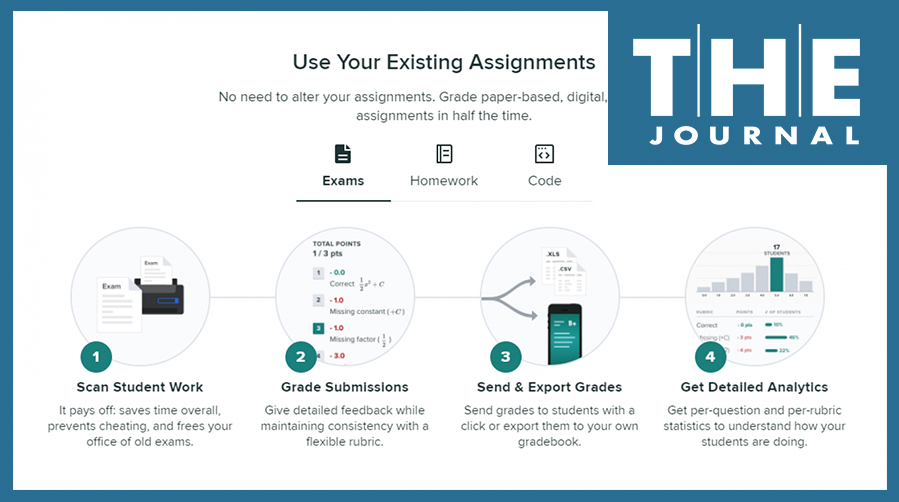
Ed tech provider Turnitin has launched a new mobile app for its Gradescope assignment and grading platform that enables students to submit their assignments through any connected smartphone, the company announced this week, following a limited-access pilot in April.
McGraw Hill and Verizon this week launched a new, free app for K–12 to bring augmented reality to the classroom.
Ed tech developer Avantis Education has launched a new education platform designed to bring a "safe and secure" metaverse experience to classrooms. The news was announced today at the ISTELive 22 conference taking place this week in New Orleans.
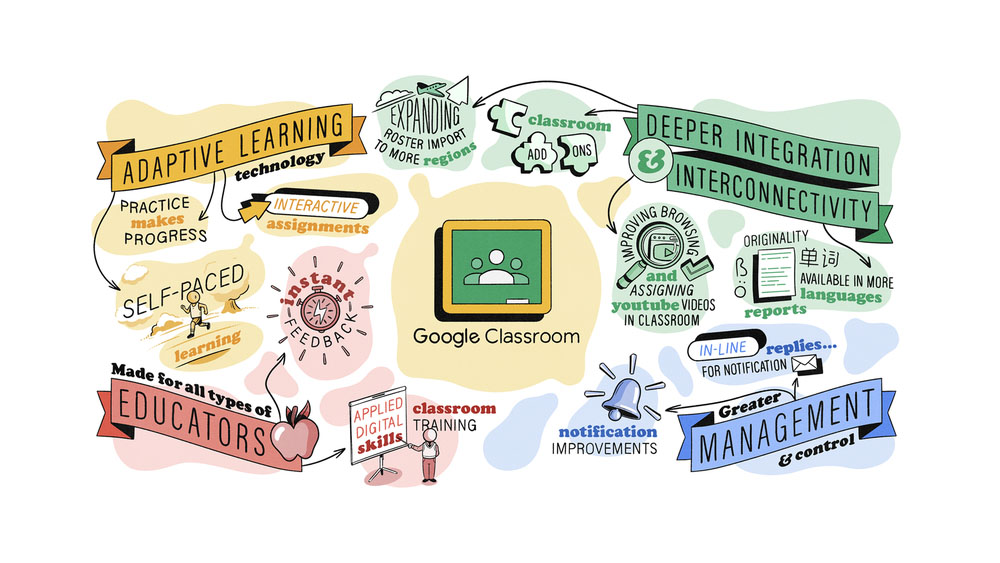
Google for Education today announced a slate of new apps for Chromebooks — including a new free Screencast app and a free Figma design app — as well as new functions in Google Classroom and Google Meet, and the company announced integrations with popular ed tech apps that will launch later this year.
Wireless connectivity and IoT solutions provider Kajeet has introduced a new cloud-based data analytics platform called Sentinel Insights to enhance its flagship Internet of Things management tool, according to a news release.
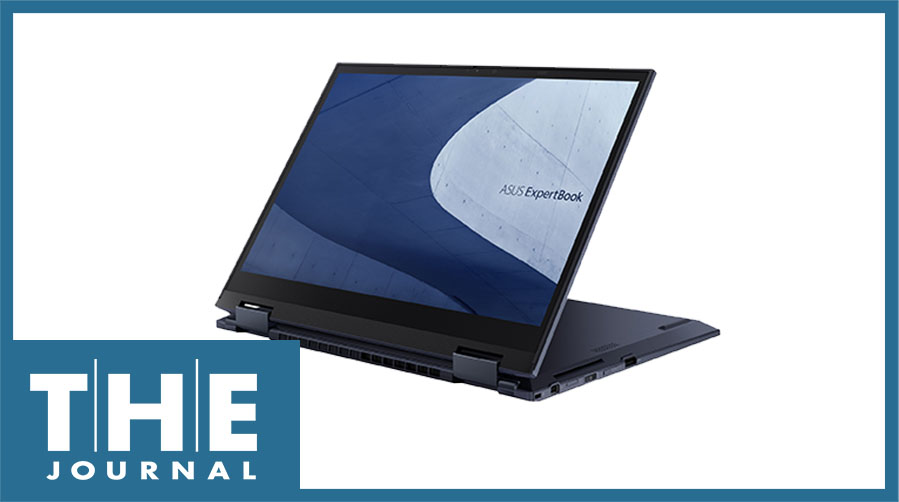
ASUS has introduced its new 2022 Expert Series portfolio of devices, including new computers specifically built for education, retail, healthcare and enterprise users, the company said.
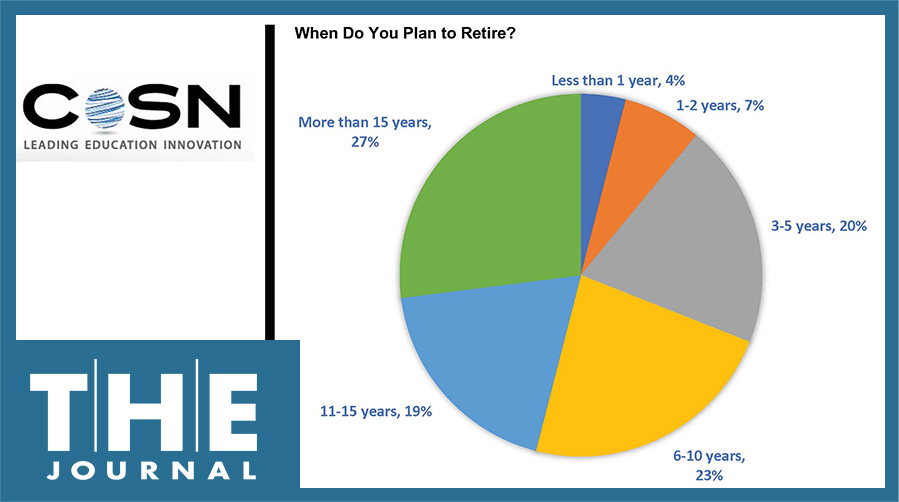
The Consortium on School Networking’s latest State of Ed Tech Leadership Survey reveals that despite warnings from multiple agencies and rising incidents of ransomware attacks targeting K–12 schools, IT leaders continue to underestimate the risk of ransomware to their districts, and IT departments remain woefully understaffed with very few having a dedicated full-time employee managing cybersecurity, CoSN said.
LearnPlatform today released a mid-year ed tech usage report showing that K–12 students in U.S. school districts used 74 different digital learning tools during the first half of the current school year, and educators used 86.